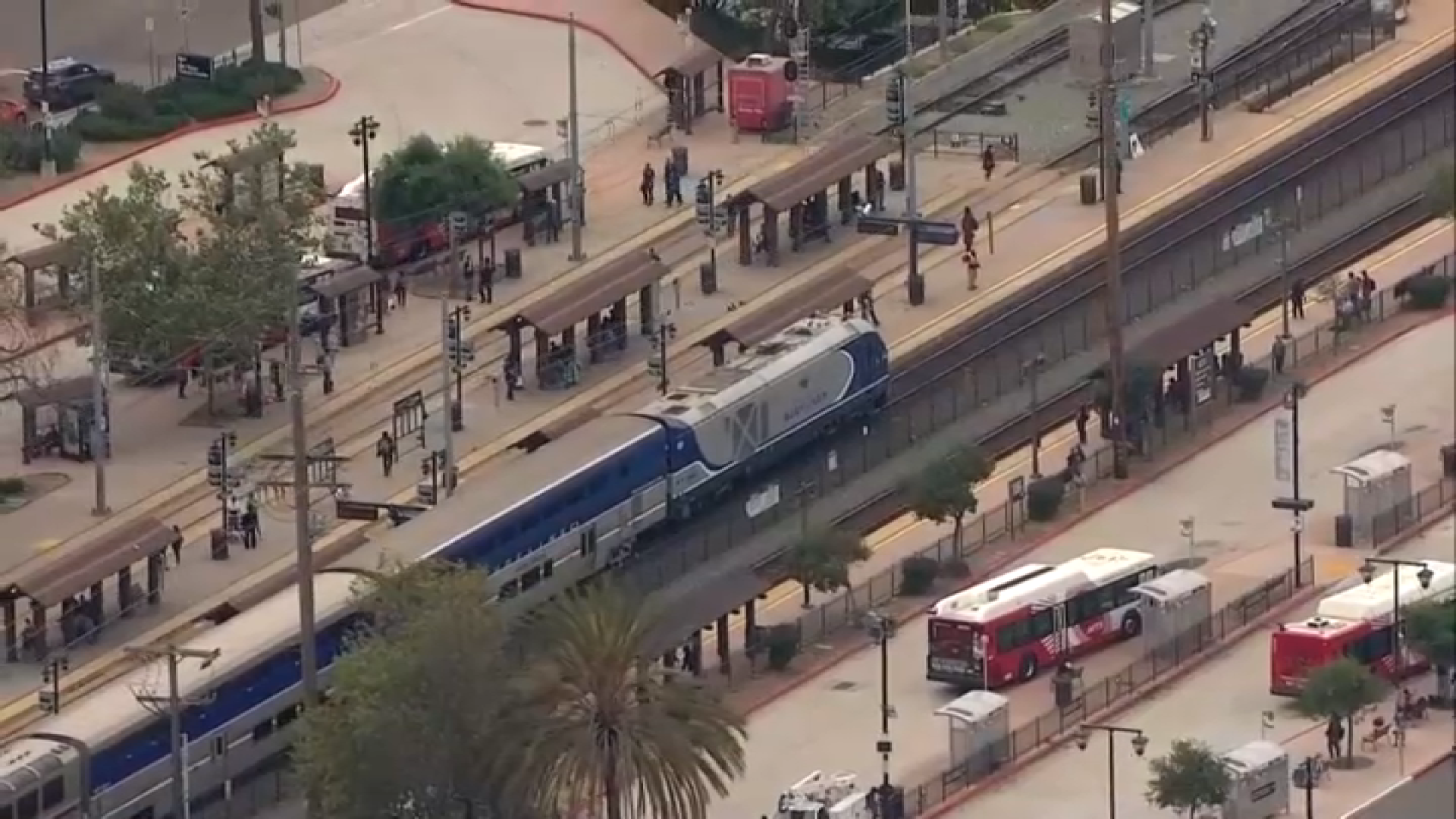
San Diego's Metropolitan Transit System announced changes to its use-of-force policy Friday following police protests around San Diego County and nationwide earlier this summer.
"These reforms to the use-of-force policy are another step in our effort to comprehensively restructure our approach to transit safety," said Nathan Fletcher, who is the chairman of the MTS as well as a member of the San Diego County Board of Supervisors. "We will continue working to ensure the dignity and safety for our passengers."
The transit service employs 64 code-compliance inspectors and 158 contracted security officers.
Officials said in a news release that came out on Friday that the service had used Campaign Zero's "8 Can't Wait" roadmap for changes to policing as a guide and implemented several of its suggestions in its new policy (page 574), including:
- Banning carotid restraints and chokeholds, including the prohibition of using knee pressure on the neck, throat or head
- Requiring use of force to be proportional to the seriousness of the subject’s offense
- Requiring the intervention by an officer if they witness excessive force being used by another employee
- Requiring de-escalation tactics when feasible
- Requiring a warning prior to use of force
The MTS, which is undergoing a third-party audit of its security policies and procedures, said that officers had already begun training aligned with the new policy.
The ban on carotid restraints follows a path taken by virtually every law-enforcement agency in the county after protests that raised awareness of the controversial police practice that caused the death George Floyd in Minneapolis when an officer there employed it on May 25
Local
The MTS also announced Friday that, beginning Sept. 1, fare beaters would be able to avoid receiving a criminal citation and being assessed court fees by participating in a fare diversion program.



